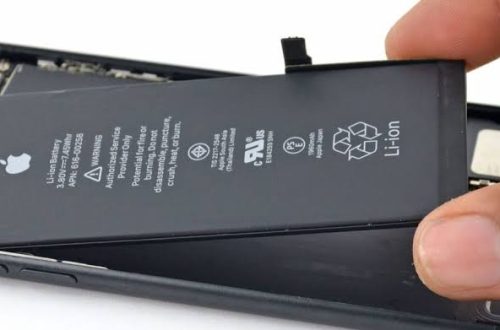Many people believe that saving money is only possible when you are earning a lot. They think saving is something for “later”, when their income increases, when they get a better job, or when business starts booming. But the truth is, if you cannot save from a small income, you will not suddenly become disciplined when the money increases. Saving is not about how much you earn; it is about how you manage what you have.
Even with a small income, you can save smartly, not by depriving yourself, but by controlling your spending with purpose and planning. The goal is to build habits that protect your future, reduce stress, and prepare you for opportunities when they come.
The first step to saving smartly is understanding where your money goes. Many people earn and spend without tracking. Days later, they wonder, “Where did all the money go?” To avoid this, create a simple weekly or monthly record of your expenses. You can use the Notes app on your phone, Google Sheets, or a budgeting app. Write down everything you spend on, food, transportation, data, gifts, subscriptions, and even small snacks. You’ll be amazed at how much goes to things that do not really matter. Awareness alone can save you a lot.
Secondly, set up a saving rule called Pay Yourself First. This means that the moment you get money, salary, business profit, allowance, you take out something for your savings before spending on anything else. Even if it’s small, like ₦500, ₦1,000, or $5, just save it first. It is better to save small consistently than to save big occasionally. If you wait to save what is “leftover,” you may save nothing at all.
Another important part of smart saving is to separate your savings from your spending money. Don’t save in the same account you use daily. You may be tempted to withdraw it. Instead, use a second account, a digital wallet, or a savings platform where withdrawals are not too easy. The harder it is to touch the money, the safer it is.
Now, let’s talk about spending wisely. One of the biggest reasons people struggle financially is impulsive buying, buying things simply because the urge or excitement is there. Before buying anything, ask yourself:
- Do I really need this right now?
- Will this matter in a week or month?
- Is there a cheaper alternative?
- Can I wait a little longer?
Delaying purchases helps you make better decisions. Many things we think we need lose their importance with time.
Another savings strategy is reducing small daily expenses, because little spending adds up fast. For example:
- Cooking at home instead of eating out frequently.
- Buying data in bulk instead of daily.
- Avoiding unnecessary subscriptions.
- Using public transportation instead of rideshare daily.
You don’t need to cut all your enjoyment. The key is balance. Enjoy life, but don’t enjoy money that hasn’t come yet.
Next, consider earning extra income, even if small. Saving becomes easier when more money flows in. You can take a side hustle such as:
- Content writing
- Social media management
- Reselling products online
- Teaching something you know
- Freelance design or editing
Even an extra ₦20,000 or $30 a month can make a big difference when you commit to saving it.
Also, set clear goals for your savings. Saving without a purpose can feel boring. But when you have a target, like a new phone, rent, travel, investment, or emergency fund, saving becomes meaningful and motivating. Create deadlines and track your progress monthly.
Another smart move is building an emergency fund. Life is unpredictable. Unexpected hospital bills, sudden repairs, or job issues can drain you quickly. Having even a small emergency fund reduces panic and protects your peace of mind.
Finally, remember that smart saving is not a one-time act, it is a lifestyle. It is not about suffering or restricting yourself too hard. It is simply about spending with sense, planning your money, and thinking long-term. What matters most is consistency.
In summary:
Track your expenses.
Pay yourself first, no matter how small.
Use a separate account for savings.
Avoid impulsive spending.
Cut small unnecessary costs.
Increase your income if possible.
Save with goals in mind.
Build an emergency fund.
Stay consistent.
Even with a small income, you can learn financial discipline and build stability step-by-step. The amount is not what matters, the habit is what builds your financial future.
Whenever you take control of your money, you take control of your life.





